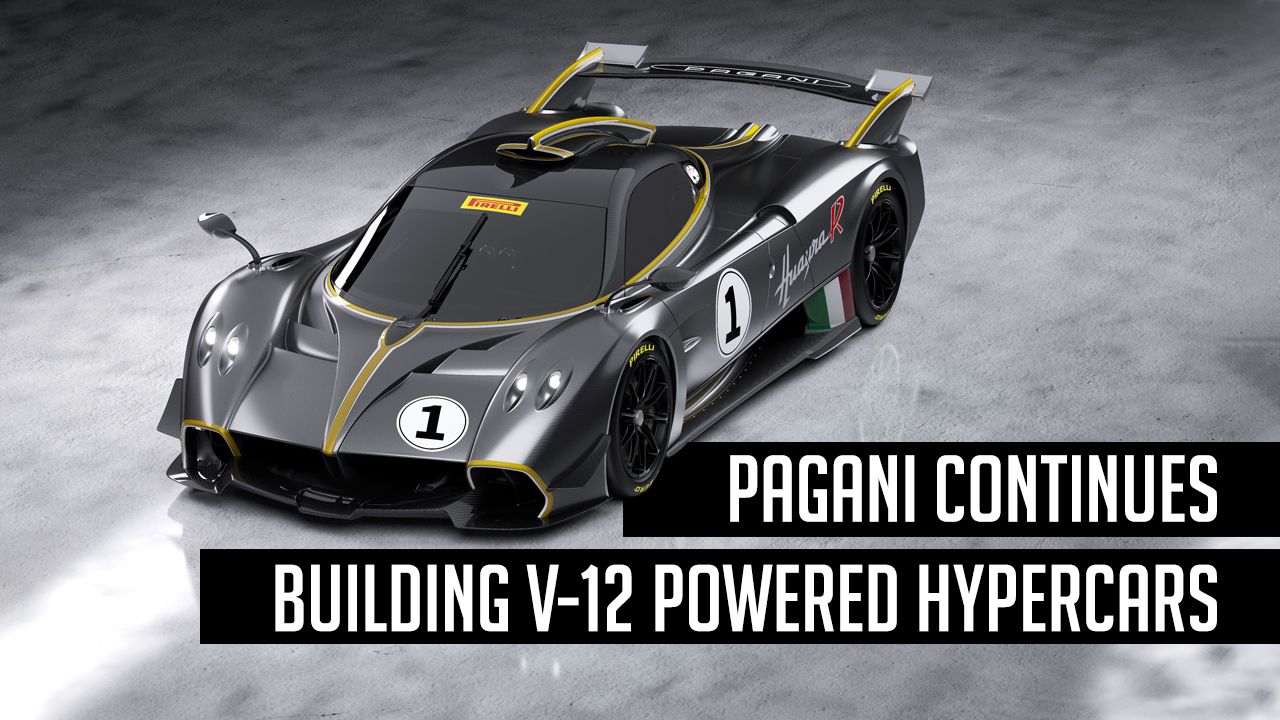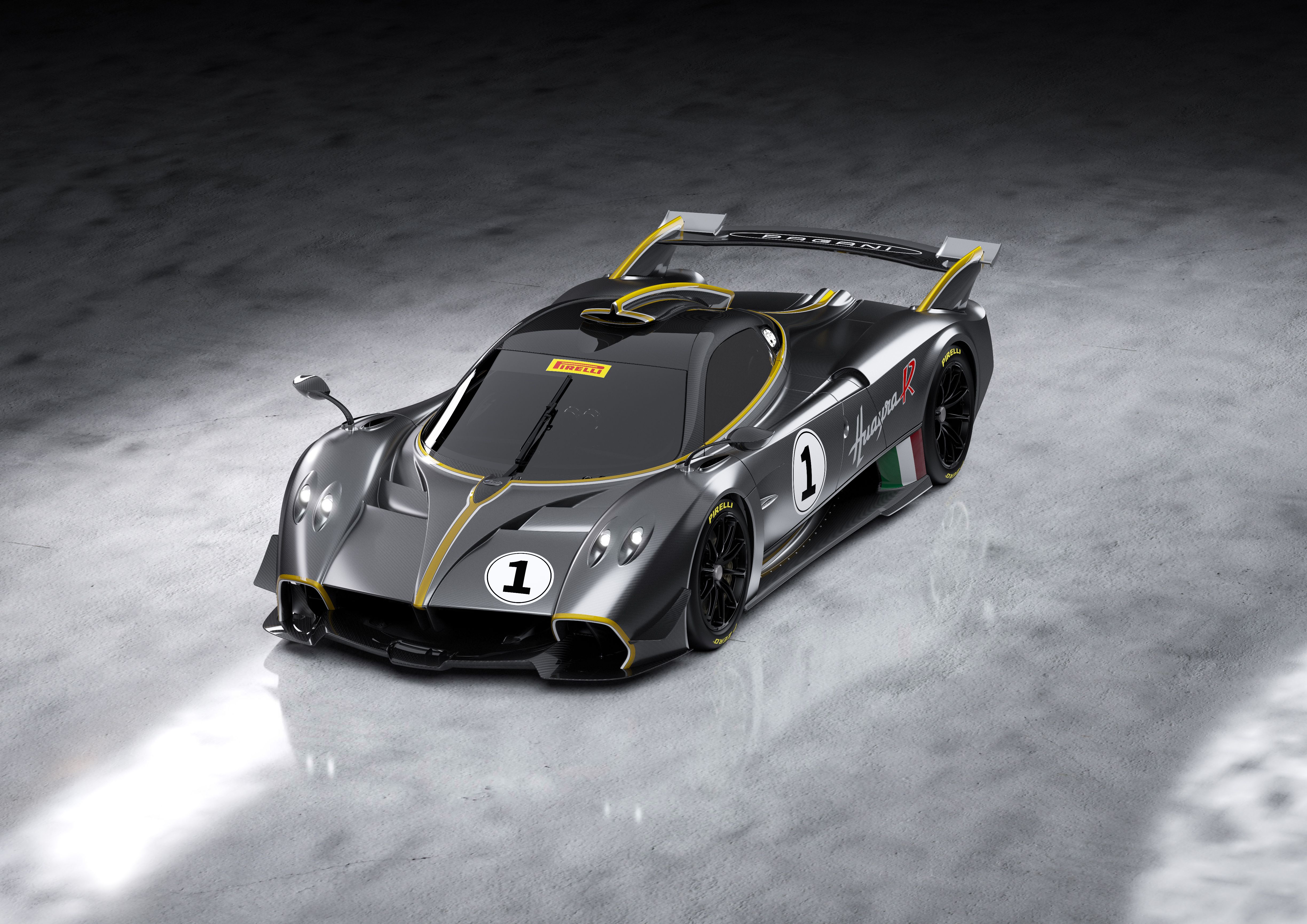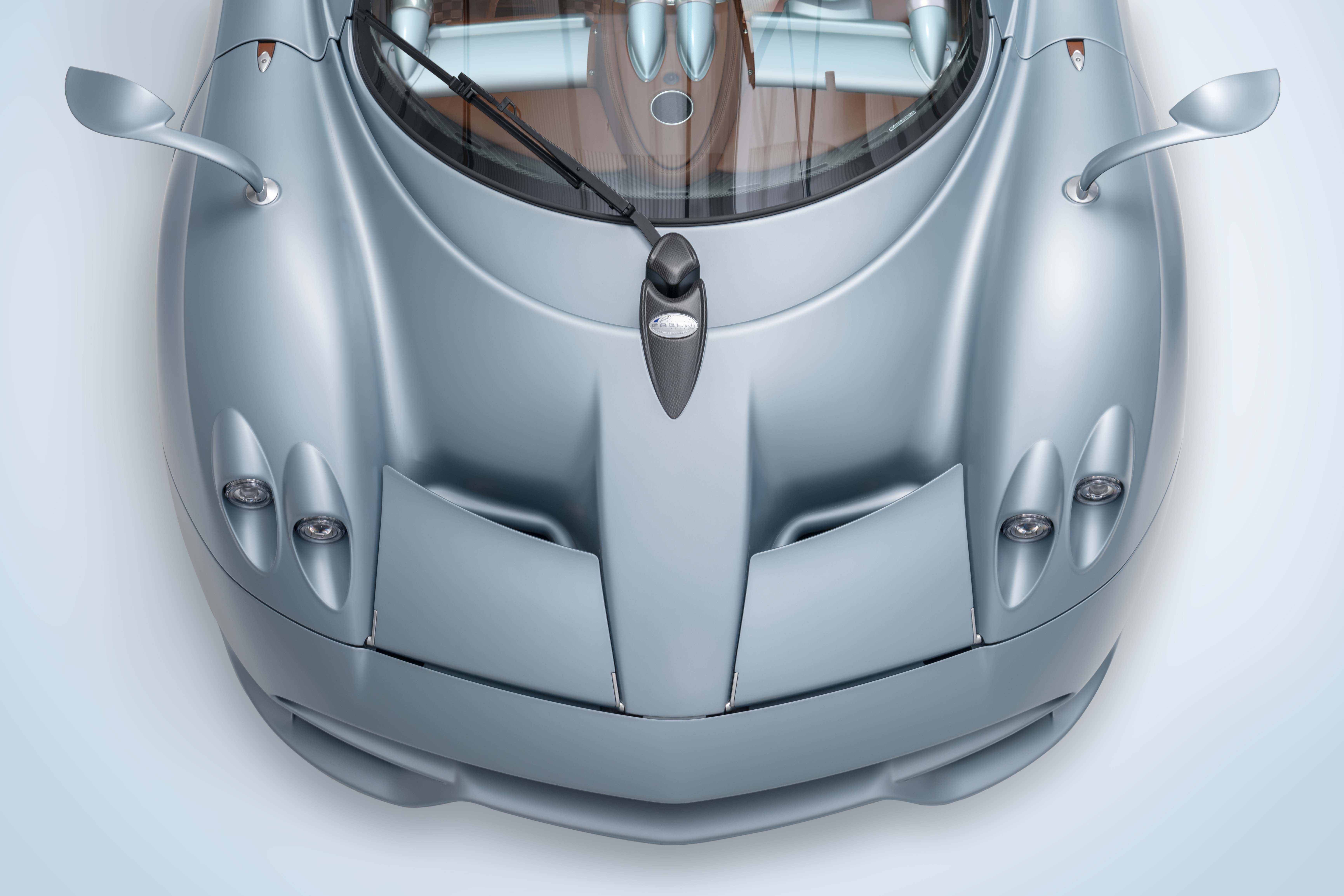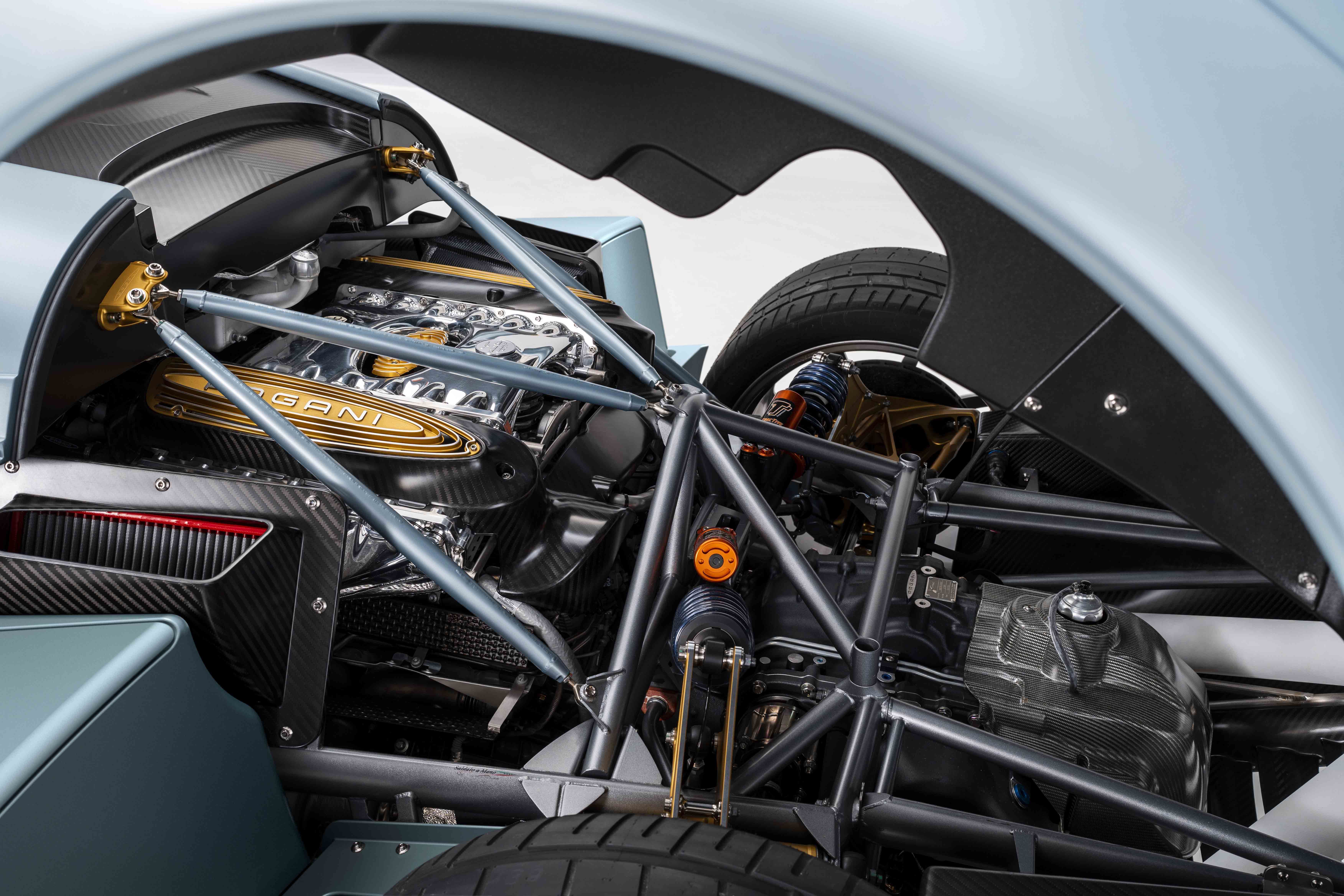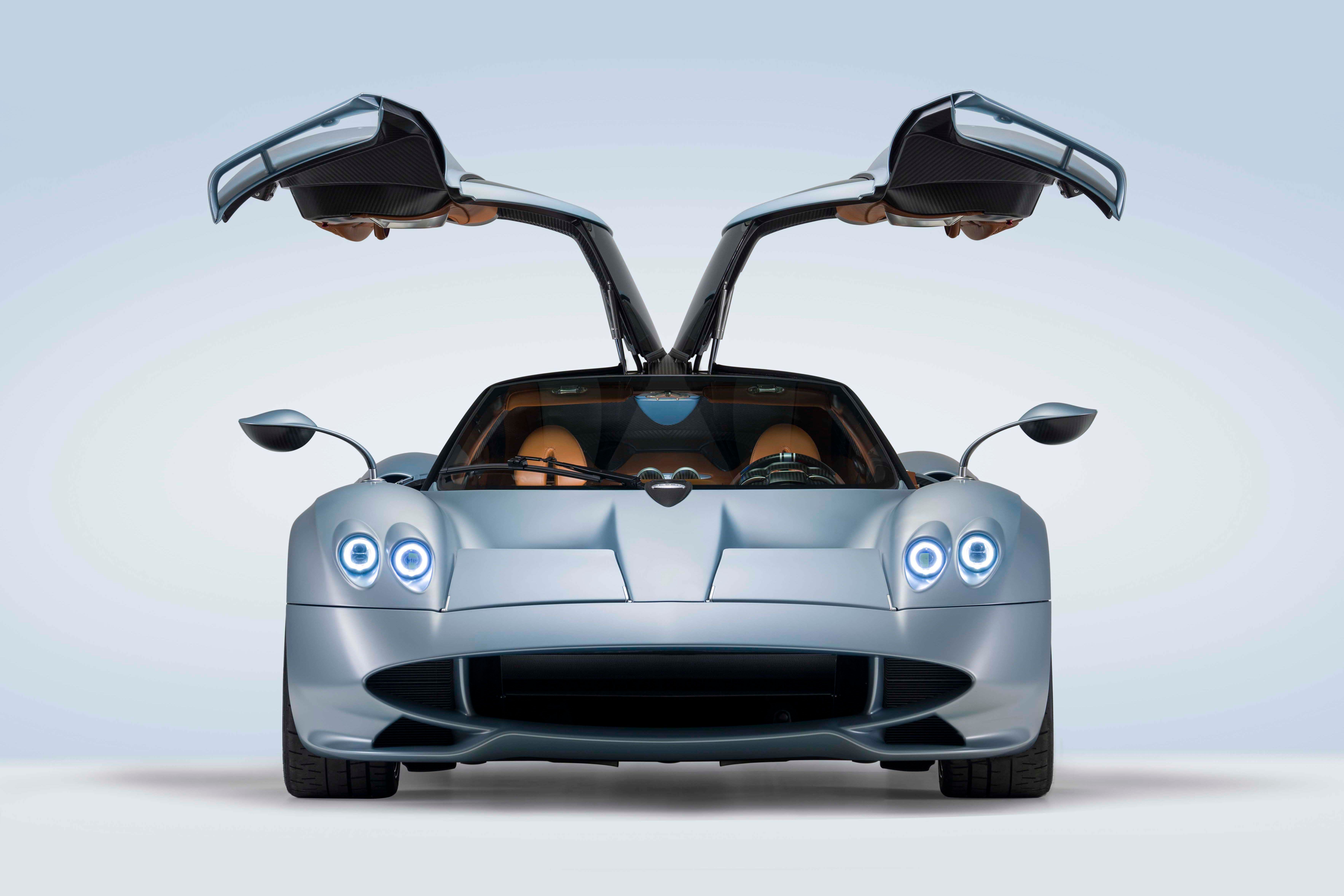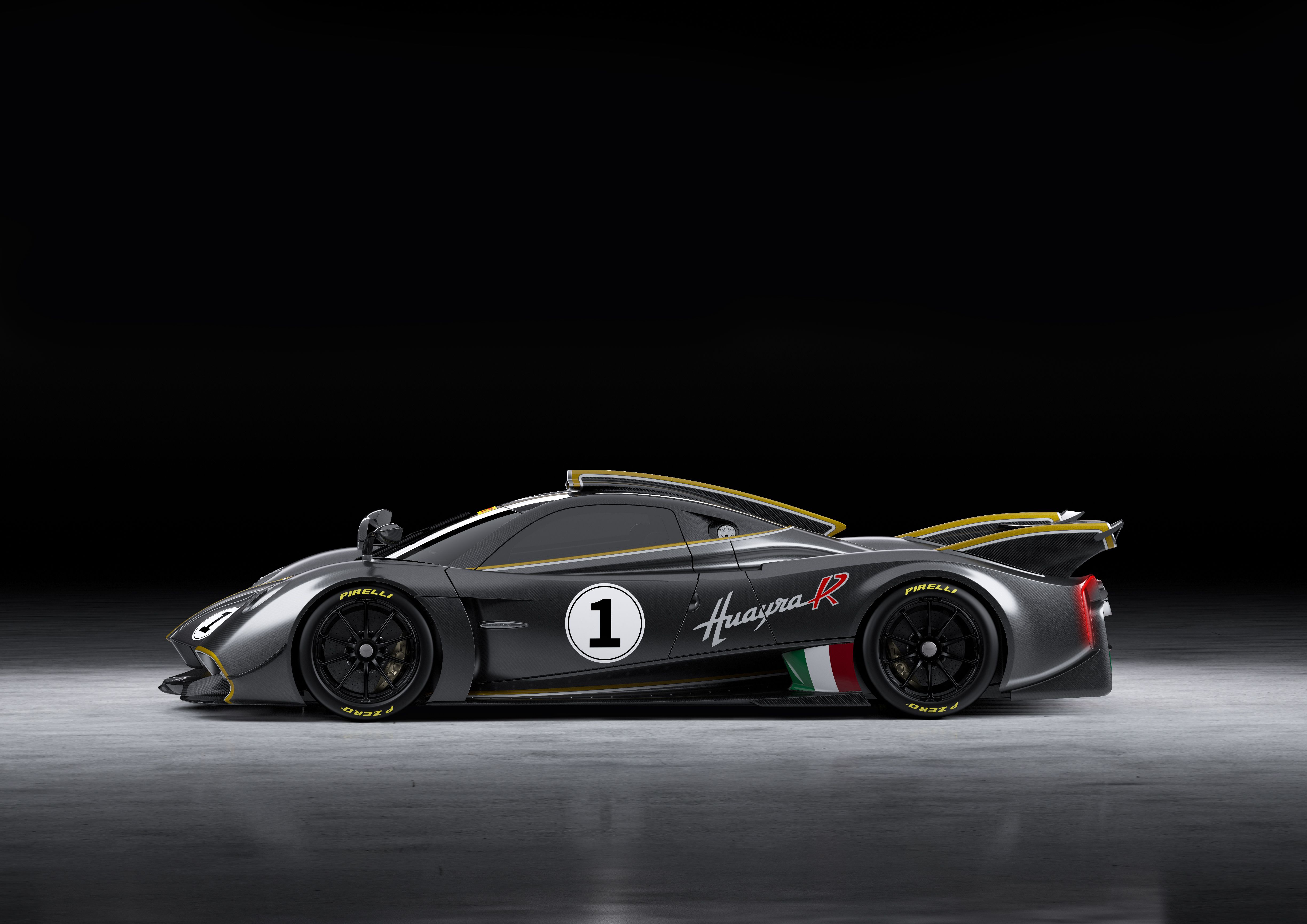Transitioning to electric mobility is not as easy as you think, especially for the supercar and hypercar realms. Compared to ICE-powered cars, EVs are more complicated and heavier due to the enormous battery pack underneath. These factors are unsuitable for hypercars, as they rely on their lightweight nature to get the best power-to-weight ratio. As a result, it is hard for niche car-making companies like Pagani to invest vast amounts of time and money to secure their future. However, something of that sort has happened with the Italian hypercar marque, which insists on clinging to the V-12 engine after investing four years in research.
The global EV rush is real, and almost every automaker has at least one EV, and those that don't will have one soon. Recently, Lamborghini announced its future and will produce hybrid supercars until its first EV arrives in 2028. However, in contrast to Lamborghini, Pagani, on the other hand, is willing to continue with Plan A for the time being and will produce V-12-powered hypercars. In an interview with Autocar, Pagani founder, Horacio Pagani, confirmed the reason behind this move is simple: he thinks EVs lack emotion and weigh too much, which is not wrong.
A team was set up by the Pagani boss in 2018 to work on electric cars, but that did not work out well because, after all these years, they could not find the required interest in the market for an EV hypercar. He also confirmed that the team was primarily tasked to work on global homologation, especially for the U.S. market, where EVs are booming.
Horacio Pagani further added that “at the moment, 90 percent of energy is produced without renewables. It is silly to think that only a few supercars (in the world) with ICEs can have a negative impact on the climate when 90 percent of energy is produced in a bad way.” He owns a Tesla just to “understand” EVs, and he also thinks that EVs don't have to yield so much power.
The weight factor plays a vital role in making a hypercar, and an EV with a heavy battery pack will not only hamper the weight distribution but also ruin the driving experience. Pagani's research indicates that an EV hypercar would require a battery pack weighing 1,320 pounds, which is more than half the weight of the Huayra R. He added that “the idea should be to make a lightweight car, but this is the biggest challenge. The dream would be a 2,800-pound EV, but this isn’t possible (at least for the time being.)"
Pagani cars are not always about performance, the boss states. An EV hypercar with good emotion is what it lacks, and Pagani might be the only company in the world of automotive that is not thinking much about the transition. The beating heart of its upcoming hypercars will be the Mercedes-AMG-derived V-12 engine. Given that the Huayra successor, code-named C10, is said to have sold out prior to its release, we doubt that the company's lack of interest in battery-operated hypercars will affect its sales.

